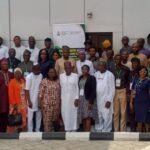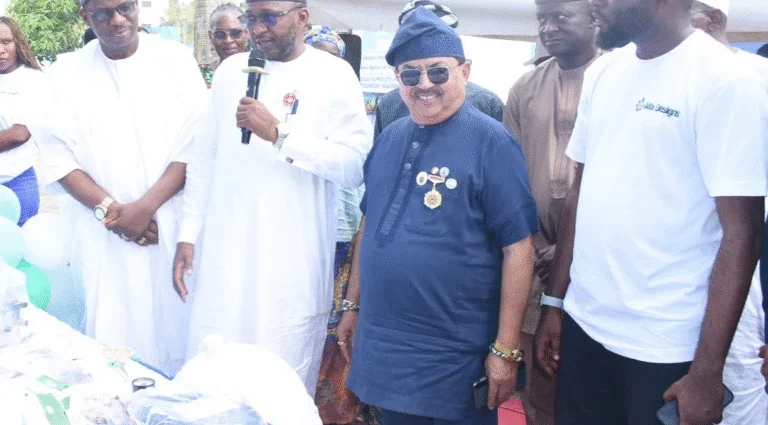More than 100, 000 vehicles in Nigeria now use CNG – PiCNG
By Emmanuella Anokam The Presidential Initiative on Compressed Natural Gas (PiCNG) and Electric Vehicles (EVs) says more than 100,000 vehicles in Nigeria now use CNG. The Executive Chairman/CEO, PiCNG, Mr Ismaeel Ahmed, said this on Friday in Abuja. Ahmed spoke at the Alfa Designs Nigeria Limited CNG products unveiling and stakeholders’Continue Reading















